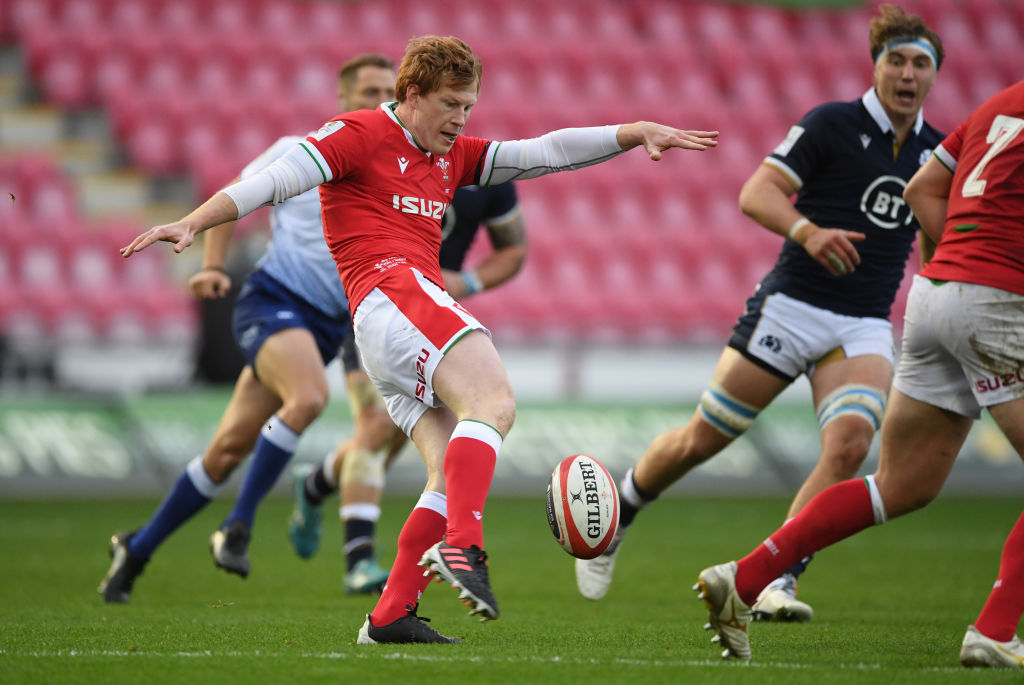Bath have launched a new programme aimed at helping local schools and rugby clubs to be aware of the dangers of, and the best treatment for, concussion.
Spearheaded by physiotherapist, Jane West, who works closely with the Bath Rugby Academy and Elite Player Development Groups, the programme aims to give more education to coaches, players and their parents to help effectively spot the signs should a player be concussed, and to prevent further damage being done by returning to play too early.
The IRB, RFU and Premiership Rugby are continually working to highlight the dangers of concussion, producing guidelines for clubs, such as the RFU ‘Headcase’ programme, which alerts clubs and players to the four R’s – Recognise, Remove, Recover, Return. However, Bath wanted to do more to help.
A number of local clubs have already been contacted with concussion guidelines, and a presentation will be given at the Bath Rugby Combination Clubs launch to clubs involved in the scheme, being held later this month.
“Concussion has been a big topic of conversation across all sports recently and, as a Club, we want to make sure we are helping our local rugby and sporting community to be fully aware of the issues surrounding it,” said West.
“Player welfare is paramount, especially when dealing with concussion and head injuries. In professional clubs, we have a medical professional present at all games to ensure players are dealt with correctly.
“However, we know this isn’t always possible at school or club games so, through a series of talks, electronic guides and advice, we are trying to make people as aware as possible of, in the unlikely event of a head injury, how they should treat it, both at the time and after the event. We are focused on helping to educate both the coaches present at the game and the parents of the players.
“It’s important to remember that someone doesn’t have to lose consciousness to be concussed. If there is any doubt, the ‘if in doubt, sit them out’ rule should be applied – it’s hugely important to recognise the potential injury and remove the player from the field of play. They should then be sent to a relevant healthcare professional as soon as possible.
“There are potential problems, with both adults and children, in the under reporting of concussion-related injuries, so we’ll also be encouraging players to be as honest with themselves if they are suffering from any symptoms. Returning to play too soon causes a greater risk to the player’s welfare, as it will take less force to sustain another concussion”.




























Pingback: เพิ่มยอดวิว